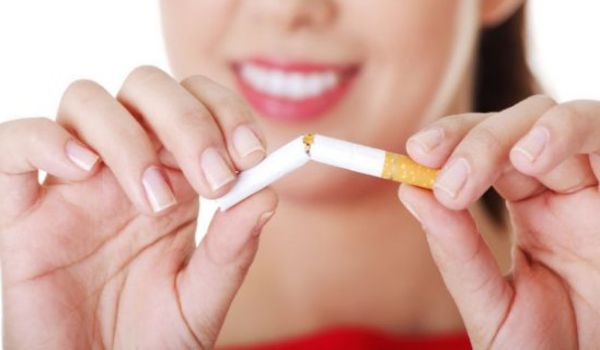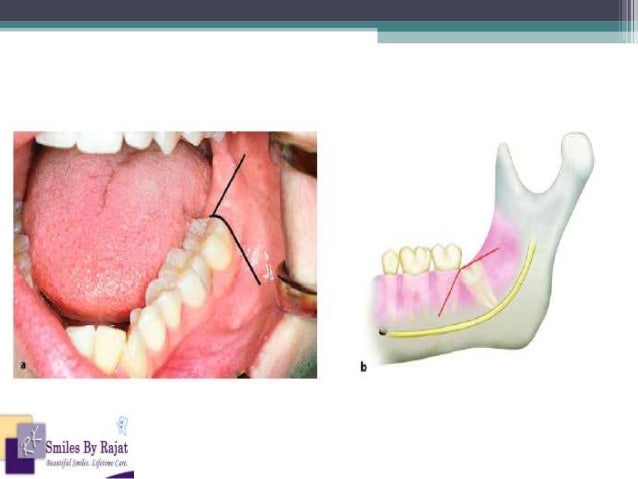
The Best Guide To Wisdom Teeth Death
Follow your physician's instructions on: Bleeding, as you heal from your operation. Some oozing of blood may occur the day following wisdom tooth removal. So that you don't dislodge the blood clot out of the 17, Attempt to steer clear of excessive spitting. As directed by your dentist or oral surgeon replace gauze over the extraction site.
You could be able to manage pain with the over-the-counter pain meds, such as acetaminophen (Tylenol, others), or even a prescription pain medication from your dentist or oral surgeon. If bone has been eliminated during the process, prescription pain medicine might be helpful. Holding a cold pack from the jaw also may relieve pain.
As instructed by your dentist or surgeon, use an ice pack. Any swelling of your own lips typically improves in a couple of days. Bruising can take several more days to solve. Activity. After your surgery, plan to break for the rest of the day. Resume normal activities the next day, but for at least a week, avoid strenuous action that might lead to losing the blood clot from the socket.
Drink lots of water. Don't drink alcoholic, carbonated caffeinated or hot beverages in the first 24 hours. Do not drink with a straw for at least a week because the blood clot can be dislodged by the action from the socket. Food. Eat soft foods, such as yogurt or applesauce, for the initial 24 hours.


Rumored Buzz on Wisdom Teeth Medicine
If your stitches need to be eliminated, schedule an appointment to get them removed. When to call the physician or physician Call your physician or oral doctor if you experience any of these signs or symptoms, which might signal a disease, nerve injury or other severe complication: Difficulty breathing or swallowing Excessive bleeding Fever Intense pain not relieved by prescribed pain medications Swelling that dissipates after a couple of days A bad taste in your mouth never removed with saltwater burning Pus at or oozing from the socket Persistent numbness or loss of feeling Blood or pus in nasal discharge Results You probably won't need a follow-up appointment following a wisdom tooth extraction in case: You do not need stitches removed No complications arose during the process You don't experience persistent problems, such as swelling, swelling, numbness or bleeding complications that may indicate infection, nerve damage or other issues If complications develop, speak to your dentist or oral physician to discuss therapy choices.
Overview Wisdom tooth extraction is an effective surgical procedure to remove one or more wisdom teeth that the four permanent adult teeth located on the top and underside in the corners of your mouth. If a wisdom tooth doesn't have space to develop (impacted wisdom tooth), resulting in pain, illness or other dental issues, you will likely have to get it pulled.

For many others, wisdom teeth erupt normally just as their molars did and cause no issues. Impacted wisdom teeth that don't have enough room to erupt into the mouth or visit this page develop normally are developed by people. Impacted wisdom teeth can erupt only partly or in any way. An impacted wisdom tooth may: Grow at an angle toward the next tooth (second molar) Grow at an angle toward the rear of the mouth Grow at a perfect angle to the other teeth, as if the tooth enamel is"lying down" within the jawbone Grow up or down just like other teeth however stay trapped within the jawbone Problems with impacted wisdom teeth You'll likely want your impacted wisdom tooth pulled if it contributes to problems like: Infection Trapping food and debris behind the wisdom tooth Illness or gum disease (periodontal disease) tooth decay click this site in a partially erupted wisdom tooth injury into a tooth or surrounding bone Development of an fluid-filled sac (cyst) across the wisdom tooth difficulties with dental treatments to straighten other teeth preventing potential dental issues Dental experts disagree about the value of expressing impacted anonymous wisdom teeth that are not causing difficulties (asymptomatic).